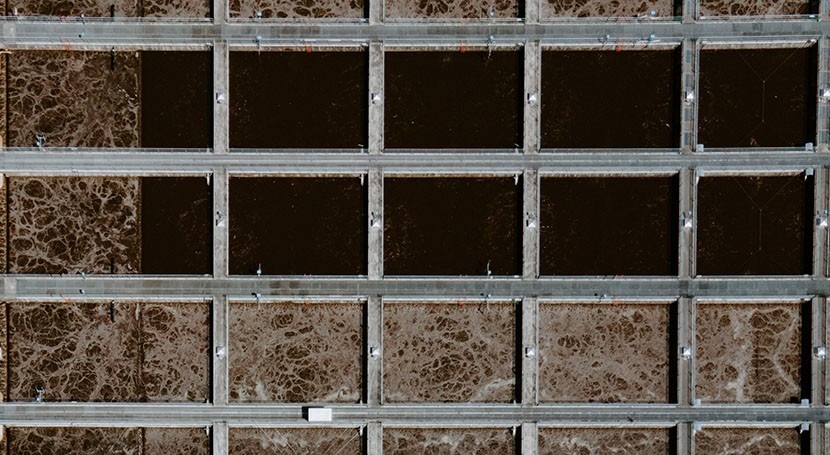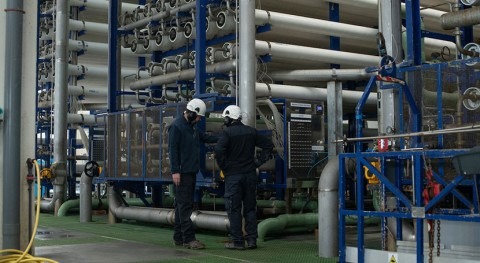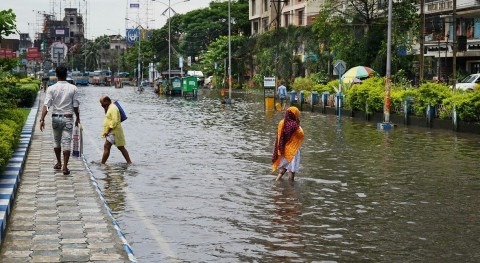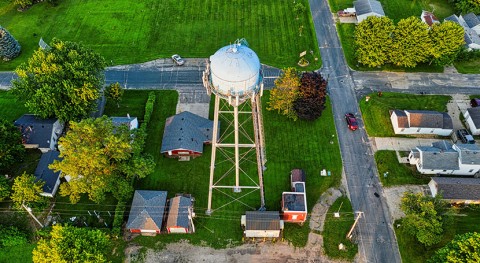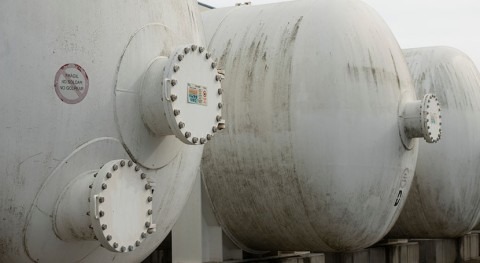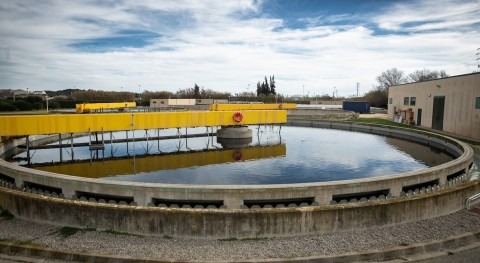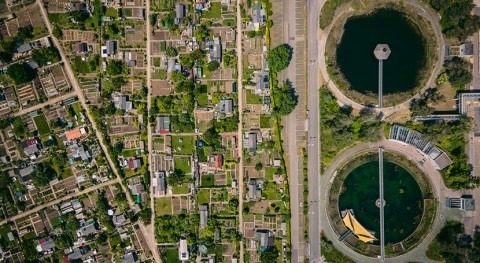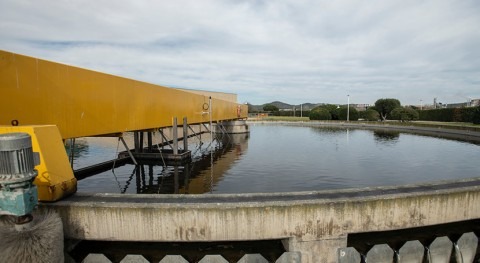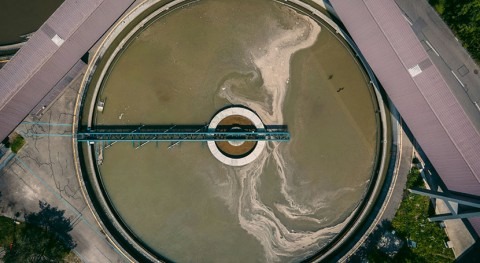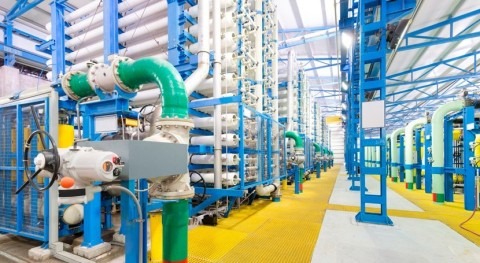Dealing with the human excreta produced by more than 7 billion people is a massive task, and pollution from domestic wastewater is having a huge impact on human health and the environment, even adding to climate change. In an article in Mongabay, Sean Mowbray looks into innovative solutions to address the global human waste problem, concerning collection and treatment, but also the recovery of nutrients and freshwater in sewage.
Inadequately treated wastewater can pollute the environment with excess nutrients, toxic chemicals, and is pathway for the transmission of water-borne diseases. And it is not just a problem in developing countries. Ageing sanitation systems are a problem in many rich nations, as are combined sewer overflows (CSOs). Conventional sewerage networks are combined systems that carry both surface run-off and household sewage and convey them to wastewater treatment plants. The systems are overwhelmed during heavy rainfall and untreated flows are discharged via CSOs. It is a legacy problem that is costly to fix. One way to do it is to increase sewer storage capacity, but even that can be exceeded by increasingly frequent extreme weather, driven by climate change. Other options include better monitoring of wastewater flows, separate sewerage networks, expanding treatment facilities, and the use of green infrastructure to reduce run-off.
Another part of the equation is rethinking how we design urban areas for sustainable water management. Some companies propose onsite water treatment and reuse in buildings. Decentralized systems offer innovative options to manage wastewater. “In some areas, these [centralized systems] are not effective, and cannot be built because of circumstances and lack of financing,” explains UNEP wastewater expert Riccardo Zennaro, adding “This is why going small is the most effective way.”
Nature based solutions – actions to protect, sustainably manage, and restore natural and modified ecosystems to address societal challenges – include green infrastructure, a loosely defined set of approaches to urban planning typically associated with stormwater management, such as constructed wetlands, rain gardens, permeable pavements, etc. They provide hydrological and water quality benefits, but they also have other environmental and socioeconomic benefits, such as providing natural habitat for wildlife, recreational opportunities, temperature regulation, etc. Their potential is huge but something to keep in mind is their maintenance requirements, logistically complex, as typically there are many small sites scattered in a watershed.
Mowbray also invites us to change the way we see waste, and consider it a valuable resource, a notion captured in what we know as the circular economy. A UNEP report estimates global human excreta and municipal wastewater “contains enough nutrients to replace 25% of the nitrogen currently used to fertilize agricultural land in the form of synthetic fertilizers, and 15% of the phosphorus, along with enough water to irrigate 15% of all the currently irrigated farmland in the world”. The recovery of nitrogen and phosphorous from wastewater is gaining importance, though current solutions can be resource-intensive and have high energy demands. Moreover, reuse of treated wastewater is on the rise for many purposes, including drinking water.
Technology and design solutions to wastewater management are advancing by leaps and bounds. But experts caution that to move forward, the human factor – human perception and awareness – is also key. For instance, concerning water reuse, recent surveys have revealed the public is more open to wastewater reuse than the water industry has historically believed. We typically avoid talking about human waste and what happens to it, but discussion is essential to raise awareness and drive change to tackle sanitation-related challenges.


